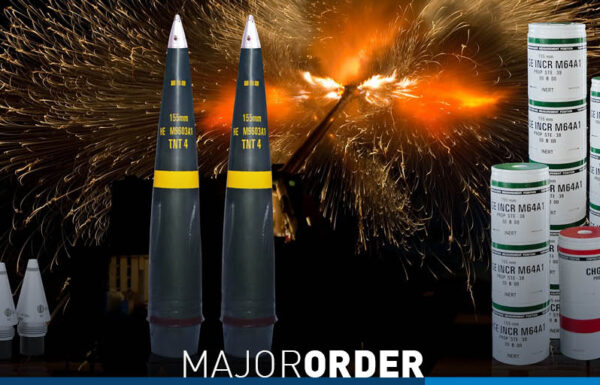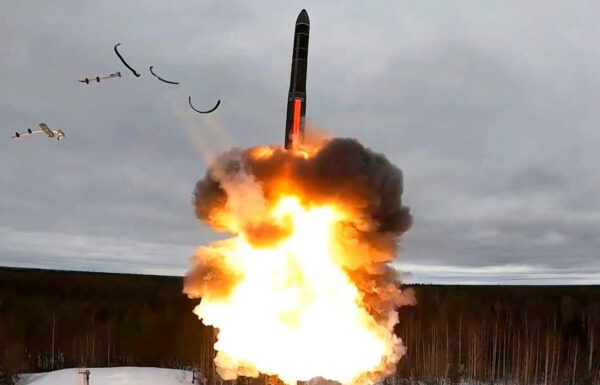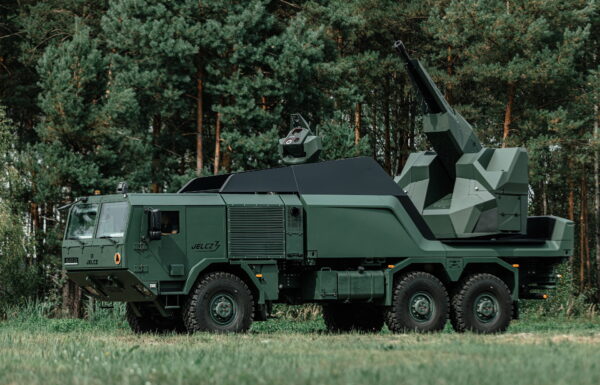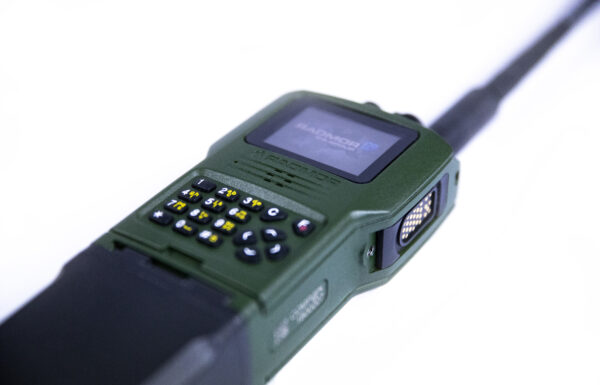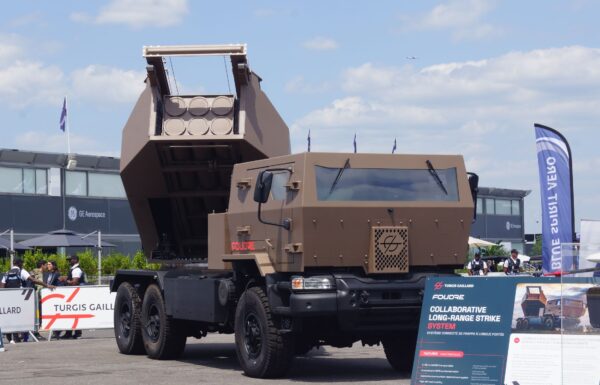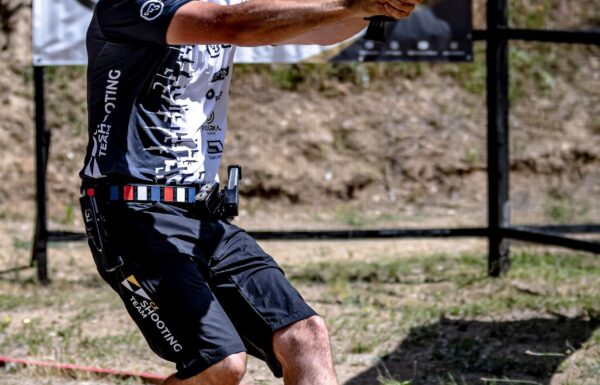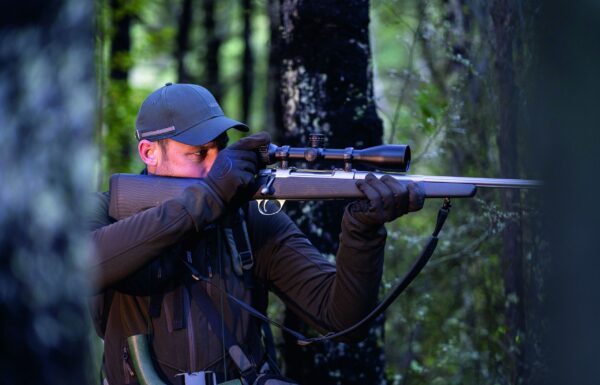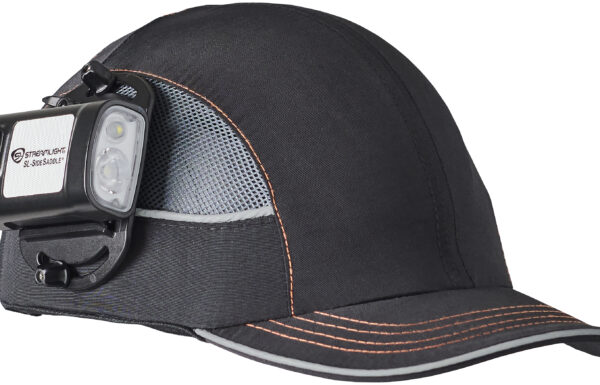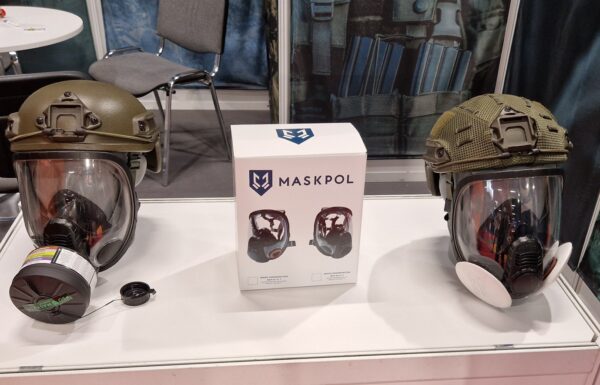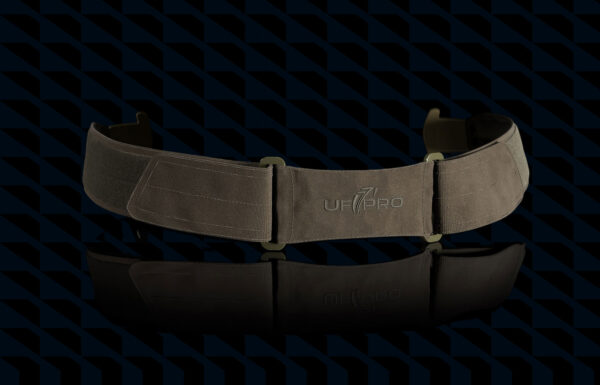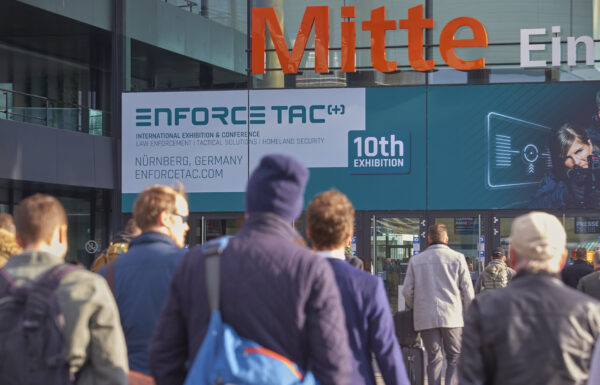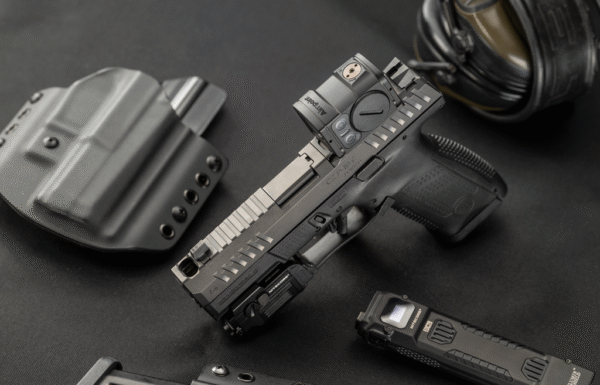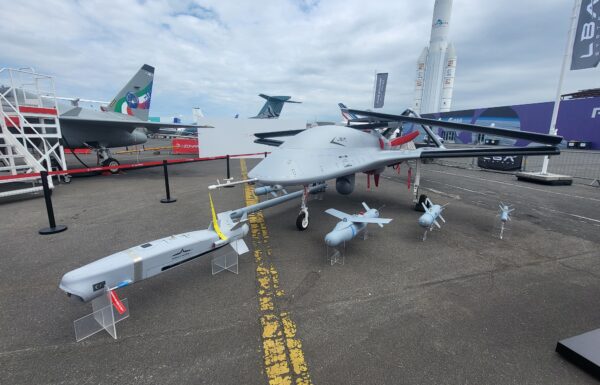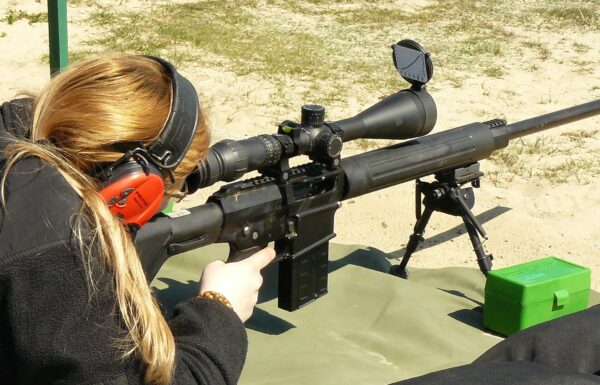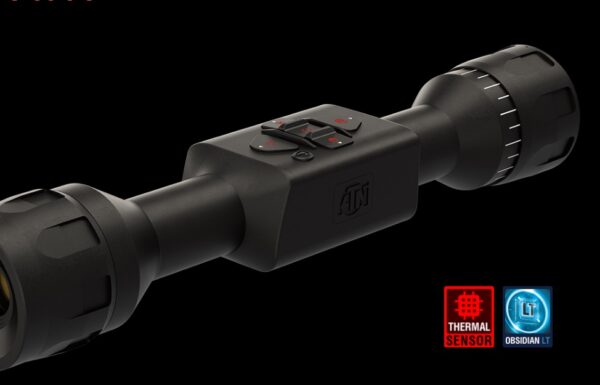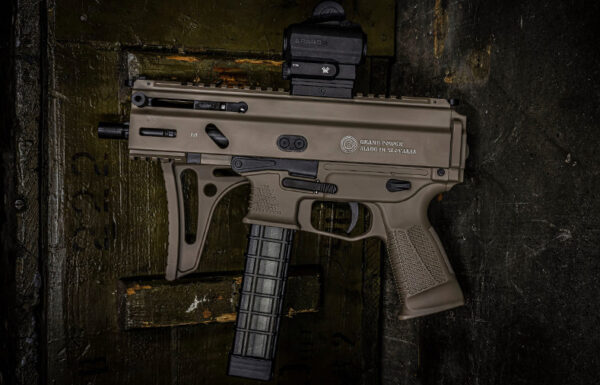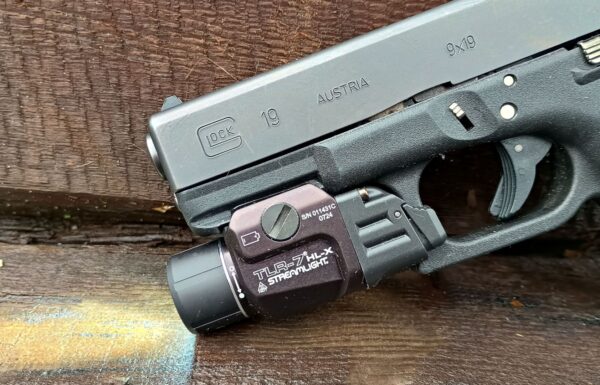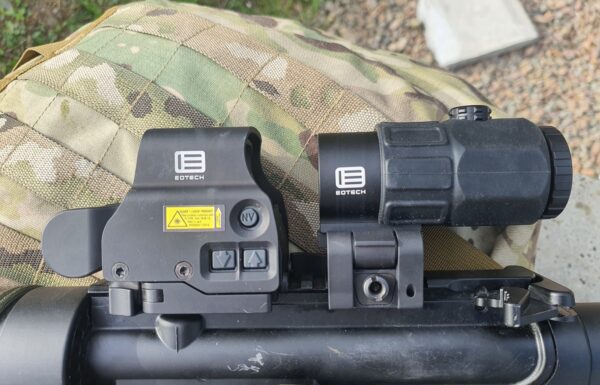It was in mid-March, when the Czech Prime Minister, Andrej Babiš, announced that due to the COVID-19 pandemic his country might be forced to revise a number of investments, including a series of technical modernization programmes of the country’s armed forces.
‘The army can wait. We probably do not need infantry fighting vehicles immediately, but we need other things for this coronavirus war’, Babiš said during a press conference held in March.
As the country faces mass economic shakedown in result of the pandemic, the Czech government will have to make some tough choices and decide to cut down federal spending and investments. As usual, military modernization programmes might become one of the first to be affected by the new saving policy.
It seems quite probable, that the long awaited and highly anticipated procurement of 210 modern, tracked infantry fighting vehicles (IFV) might become one of the first programmes to be slashed. New IFVs were to replace the currently operated, legacy BVP-2s, which due to their obsolescence and technical condition do not meet the requirements of the modern battlefield.
The procurement of new IFVs is described by the Czech government as one of the most important technical modernization programmes in the recent history of the Czech armed forces. It has an estimated value of CZK53 billion (€2 billion). The project is an important element of a more profound plan to enhance operational and combat capabilities of the Czech Army and Air Force, making it capable of acting as an important deterrence on NATO’s Eastern flank.
Three bids received
In mid-October 2019 the Czech MoD announced that three companies decided to submit initial bids in the tender for new IFVs. The list of bidders included: BAE Systems Haegglund AB with its CV90 Mk IV vehicle, GDELS – Santa Barbara Sistemas SA offering the ASCOD 2 platform and Rheinmetall Landsysteme GmbH with KF41 Lynx.
GDELS, a major European manufacturer of armoured vehicles, decided to offer its ASCOD 2 vehicle in the Czech IFV tender, as the platform has already been selected by the armed forces of Austria, Great Britain and Spain in their Ulan, Ajax and Pizarro programs.
According to GDELS, the ASCOD 2 offered for the Czech Republic was customized to meet the requirements of the Czech armed forces. It was achieved by modification of ASCOD’s design and enhancement of its operational capabilities.
The ASCOD 2 platform was presented during IDET 2019 exhibition in Brno. The vehicle on the stand was showcased with an unmanned UT30MK2 turret from Israeli Elbit Systems. According to the manufacturer, the same vehicle could be easily integrated with a manned MT30 system, if the Czech Army had such requirements.
The single manufacturer which decided not to make a bid in the ongoing tender was Projekt System & Management GmbH (PSM), a joint-venture between Rheinmetall Landsysteme and Krauss-Maffei Wegmann. Initially, the company planned to offer its Puma IFV, which is already operated by the German land forces. Presumably, PSM decided to drop from the race due to the fact that the Puma vehicle did not meet a number of technical requirements set by the Czech MoD for the IFV programme.
According to the program’s original schedule, for the next couple of weeks or months the Czech MoD would engage in discussions with selected bidders in order to help them to improve their offers. Subsequently, both sides of the tender would enter negotiations about vehicle’s price and delivery timeline, which would lead to the final selection and contract signing. However, under current circumstances, this plan might not be able to succeed
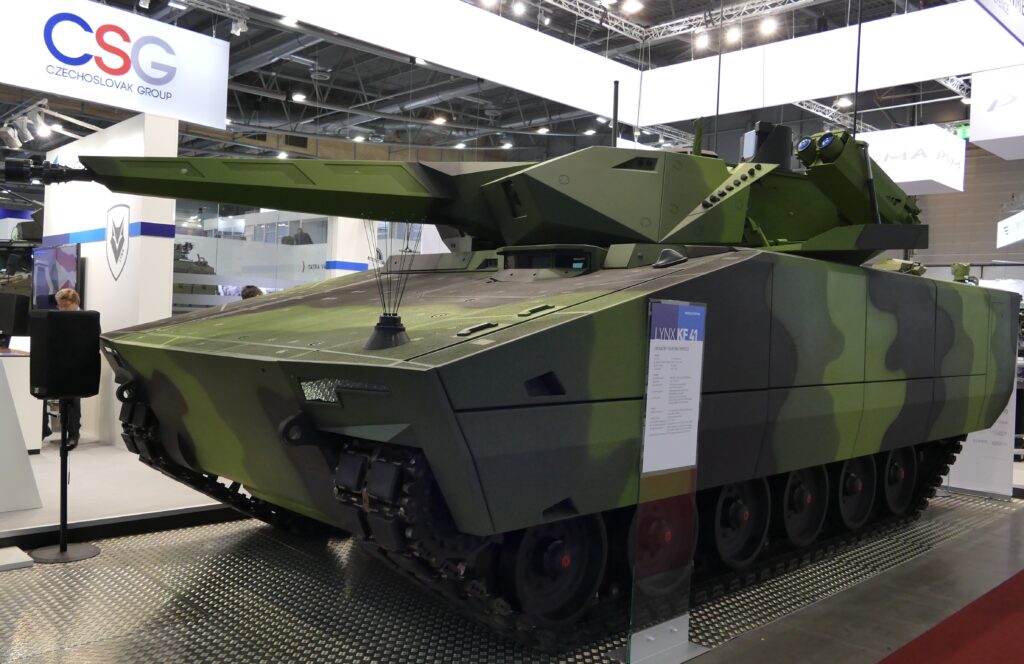
The German Rheinmetall Landsysteme GmbH has offered the Czech Republic its KF41 Lynx platform in the ongoing IFV tender. The company agreed to move the production of new armoured vehicles to the Czech Republic under the Transfer-of-Technology agreement / Picture: Remigiusz Wilk, MM MILMAG
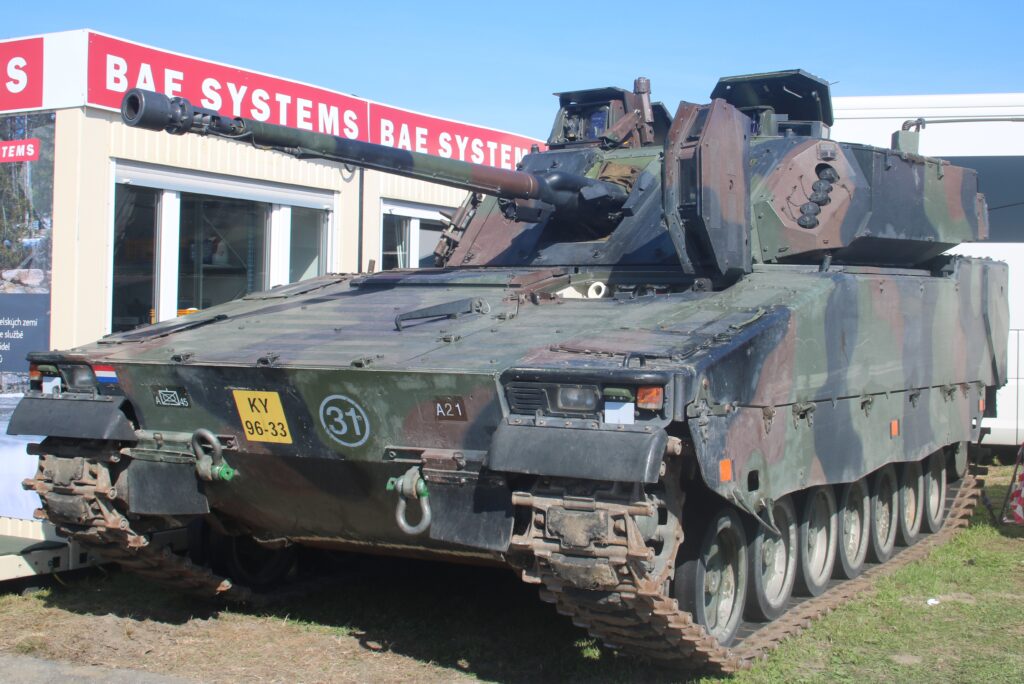
BAE Systems Haegglund AB has been actively promoting its family of CV90 armoured vehicles on the Czech market for many years. The picture presents one of the Dutch CV90s during NATO Days 2019 held in Ostrava / Picture: Michał Jarocki, MM MILMAG
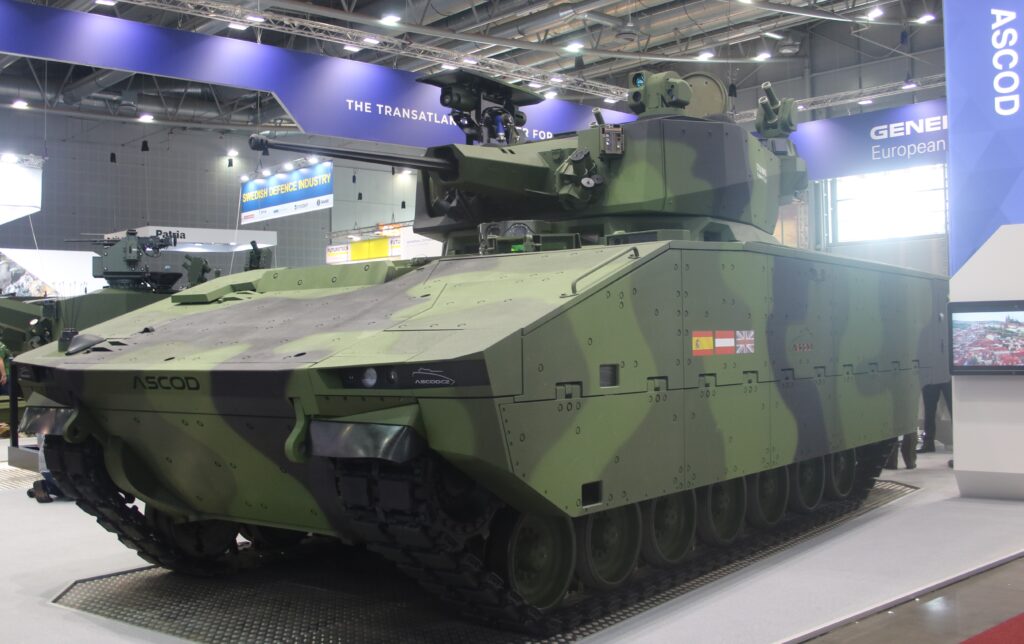
GDELS offers its ASCOD 2 armoured vehicle, which has already been selected by the armed forces of Austria, Great Britain and Spain in their Ulan, Ajax and Pizarro programs. The vehicle on the picture, taken during IDET 2019 exhibition in Brno, is fitted with an unmanned UT30MK2 turret from Israeli Elbit Systems / Picture: Remigiusz Wilk, MM MILMAG
New IFVs are an absolute must
The number of new IFV’s, which the Czech MoD intends to procure, simply refers to the country’s long-term plan for development of the Czech armed forces (KVAČR 2025), as well as commitments to international alliances, such as NATO. Under the KVAČR project the Czech armed forces are obligated to deploy a heavy brigade unit capable of operating on the modern battlefield and confronting similarly equipped enemy forces in defensive operations.
Such a brigade would have to be composed of three mechanized battalions and a tank battalion, as well as combat support, combat security and training units. Each of mechanized battalions could be equipped with 56 armoured combat vehicles in 7 different variants, such as: IFV, reconnaissance, observation, mine clearance, armoured recovery, command and medical evacuation. The future ‘heavy brigade’, equipped with new IFVs, would evolve from the structure of the current 7th Mechanized Brigade.

The single manufacturer, which decided not to make a bid in the ongoing tender, was the Projekt System & Management GmbH. The manufacturer planned to offer its Puma IFV. Presumably, PSM decided to drop from the race due to the fact that the Puma vehicle did not meet a number of technical requirements set by the Czech MoD for the IFV programme / Picture: Remigiusz Wilk, MM MILMAG
To protect and to withstand
According to the Czech MoD, new IFVs should provide the highest possible level of protection for crews and dismounts, something the currently operated BVP-2s aren’t capable of. Therefore, new armoured combat vehicles are expected to feature a basic level of protection according to STANAG 4569, as well as a number of supplementary protection systems, such as additional modular ballistic panels (according to STANAG 4569), soft-kill and hard-kill self-defense systems, counter-IED protection system, disruption of radio-frequency signals activating IEDs and collective automated CBRN (Chemical, Biological, Radiological and Nuclear) protection.
The Czech Army has a requirement that the future IFVs will be able to complement 11 soldiers, including a crew of 3 + 8 dismounts. Vehicles should be equipped with a manned turret with a 30mm main gun, a coaxial 7.62mm machine gun, as well as an anti-tank missile system with a 3rd generation (or higher) ATGM. Supplementary equipment should include smoke grenade launchers, providing 360° coverage.
Highly efficient observation systems for the gunner and commander, such as day/night cameras and a laser range finder, should provide detection and identification of enemy’s MBTs and other armoured combat vehicles at distances of 4 km by day and 3,5 km by night.
All IFV variants should feature the same high level of mobility, including minimum road speed of 65 km/h, minimum off-road speed of 40 km/h, minimum range of 500 km. They should also receive a number of supplementary equipment, such as intercom, VHF/UHF radio stations for voice and data communication as well as GPS, TACSAT and covert communication systems
Local defense industry at stake
The possible delay or even cancellation of the IFV programme would not only mean, that the anticipated technical modernization of the Czech land forces would be prolonged for even years. It could also have a devastating influence on the condition of the local defense industry, which was expected to play a significant role in the project and benefit from the production of new armoured vehicles. The Czech government had a strict requirement that the future IFVs would be manufactured locally, with the biggest possible involvement of the Czech companies.
All three bidders have already declared, that they are ready to move the production of new IFVs directly to the Czech Republic under the Transfer-of-Technology agreement. A number of partnership agreements were also signed with local defense manufacturers.
It was also expected that a number of Czech defense companies would become partners in global production and supply chains of BAE Systems, GDELS or Rheinmetall, allowing them to promote their product and services on export markets.
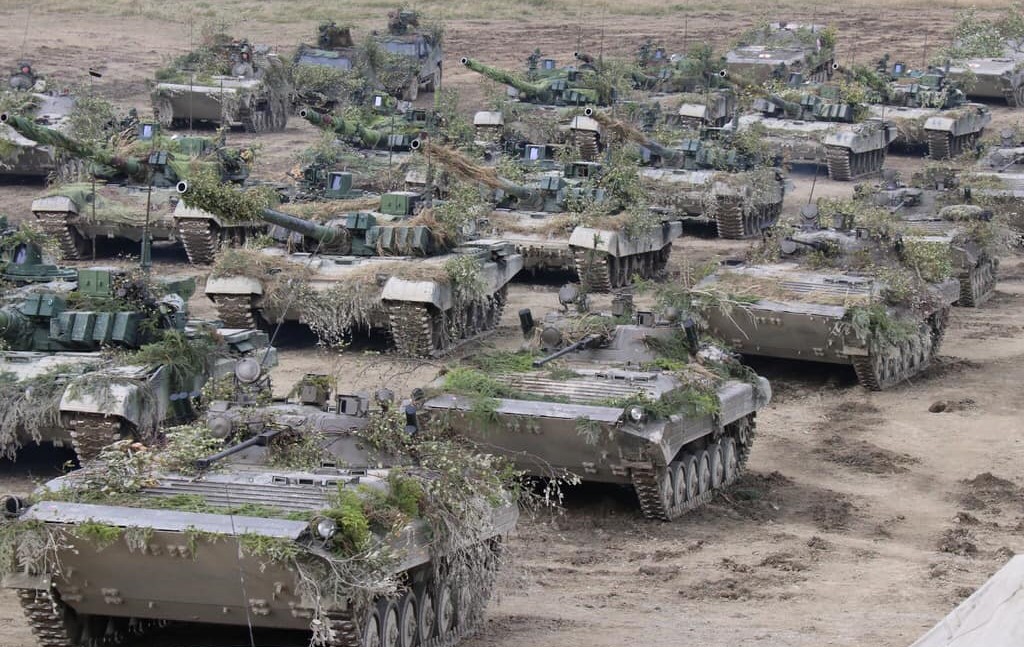
The new Czech IFVs were to replace the currently operated, legacy BVP-2s, which due to their obsolescence and technical condition do not meet the requirements of the modern battlefield / Picture: The Czech MoD
Article previously published on MILMAG 01/2020


